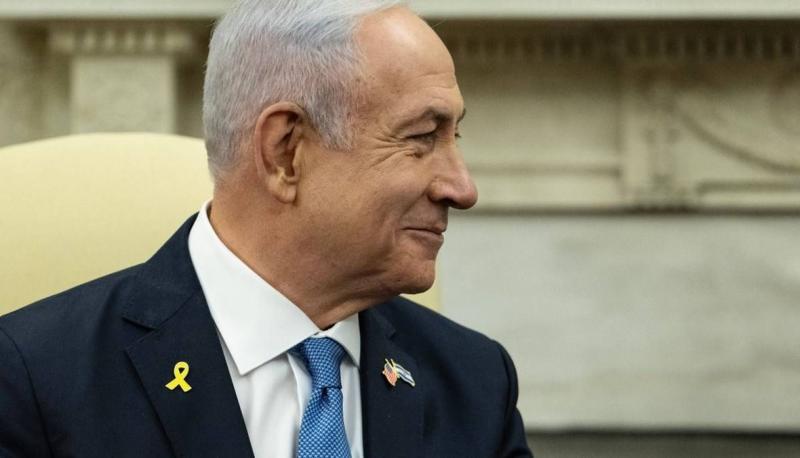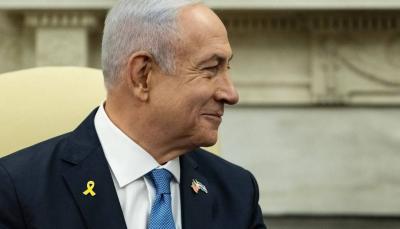Israeli Prime Minister Netanyahu often speaks about Israel's ability to fight wars on multiple fronts. These fronts pose significant threats, particularly within a strategic and security reality indicating that Israel can only engage in warfare on two fronts at a time, as evidenced by recent challenges, such as that in "Majdel Shams", alongside the focus on Gaza and the northern front. Israel struggles to address other fronts despite the absence of large regular armies that could challenge the Israeli situation, including the neighboring Egyptian front.
The dilemma confronting Israel lies in how to address immediate and long-term threats, which necessitates engagement in extended areas and tackling the sources of these threats. This is similar to Hezbollah's periodic actions, which necessitate the capability to maneuver and exert actual engagement capabilities beyond the usual frameworks. The rules change, and the capabilities Israel utilizes are varied in the context of missile and drone warfare, as well as unconventional confrontations that demand distinctive capabilities and renewed defenses.
Israel possesses multiple defense systems that can provide it with confrontation capabilities, which it is actively working on to intercept attacks or cautiously respond in any current operational theater. Nevertheless, some segments of the Israeli public perceive that despite its capabilities, Israel fails to guarantee security and stability. The country has struggled to recover hostages, leaving the Israeli public living intermittently underground, despite significant non-traditional defensive capacities that theoretically can protect Israeli airspace. This is particularly relevant as some budget allocations have shifted from education and health to security and military matters. Ultimately, Israel continues to face real dangers, necessitating a comprehensive review of the entire security landscape.
Despite its capabilities, Israel suffers from serious challenges, as it finds that hard power has diminished effectiveness in its vast regional vicinity. This raises questions about the utility of nuclear weapons for a state engaged on multiple fronts while failing to provide a sense of security to its citizens. Some neighboring states no longer possess strong military forces and now face armed factions equipped with advanced missile and drone capabilities supplied by Iran, some of which have reached deep into Israel, threatening its interests after the closure of the Eilat port. There are concerns that the ports of Ashkelon and Ashdod may also be closed, effectively making Israel landlocked, especially since the targeting of Tel Aviv sends a first message to Israel.
Consequently, the risk to Israeli airspace remains both immediate and distant, which necessitates the development of new capabilities and different options to confront ongoing events. Senior military officials in the General Staff have recently begun discussing the necessity of change in the current national security theory, advocating for the establishment of a new theory that takes into account the changing dynamics surrounding Israel, requiring serious engagement to address these complexities.
Thus, a solution necessitates different approaches to protect Israel. Military analysts are working on testing defensive systems and developing joint programs with the United States while gradually moving towards multi-laser systems and enhancing satellite capabilities beyond what "Ofek 12" offers. This indicates Israel's intention to adopt a new strategy to secure its presence in the region, moving away from conventional approaches amid fears of expanding risks. There is a pressing need to review its security policy, transitioning from a reactive stance to a proactive strategy capable of addressing forthcoming challenges and real threats.
It can thus be affirmed that Israel's overall strength has become inadequate to confront the surrounding challenges, despite ongoing advancements in its armament and collaboration with the United States to enhance strategic partnership. This may send a significant message about its inability to address these challenges amid attempts by regional proxies to exhaust Israeli capabilities and threaten its existence. Additionally, the scenarios available to Israel for dealing with threats are increasingly narrowing, requiring genuinely innovative approaches rather than simply responding to isolated challenges or threats. This reinforces the imperative for Israel to revisit various strategies, not only revising its perspectives on its security and the security of the region but also addressing all urgent challenges that announce themselves, requiring thorough political and strategic reviews within its Arab and regional context, along with the development of new patterns in strategic and intelligence options according to any political possibilities.




